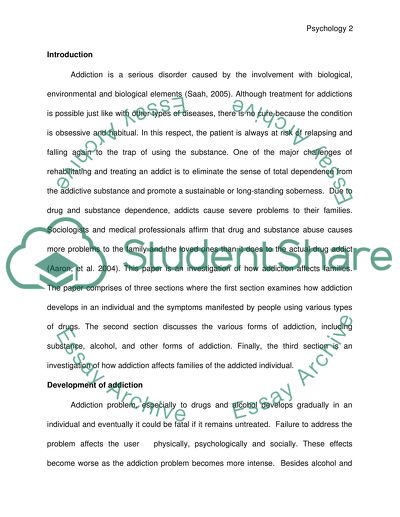Cite this document
(“How Addiction Affects Families Term Paper Example | Topics and Well Written Essays - 1750 words”, n.d.)
Retrieved from https://studentshare.org/psychology/1427611-how-addiction-affects-families
Retrieved from https://studentshare.org/psychology/1427611-how-addiction-affects-families
(How Addiction Affects Families Term Paper Example | Topics and Well Written Essays - 1750 Words)
https://studentshare.org/psychology/1427611-how-addiction-affects-families.
https://studentshare.org/psychology/1427611-how-addiction-affects-families.
“How Addiction Affects Families Term Paper Example | Topics and Well Written Essays - 1750 Words”, n.d. https://studentshare.org/psychology/1427611-how-addiction-affects-families.


